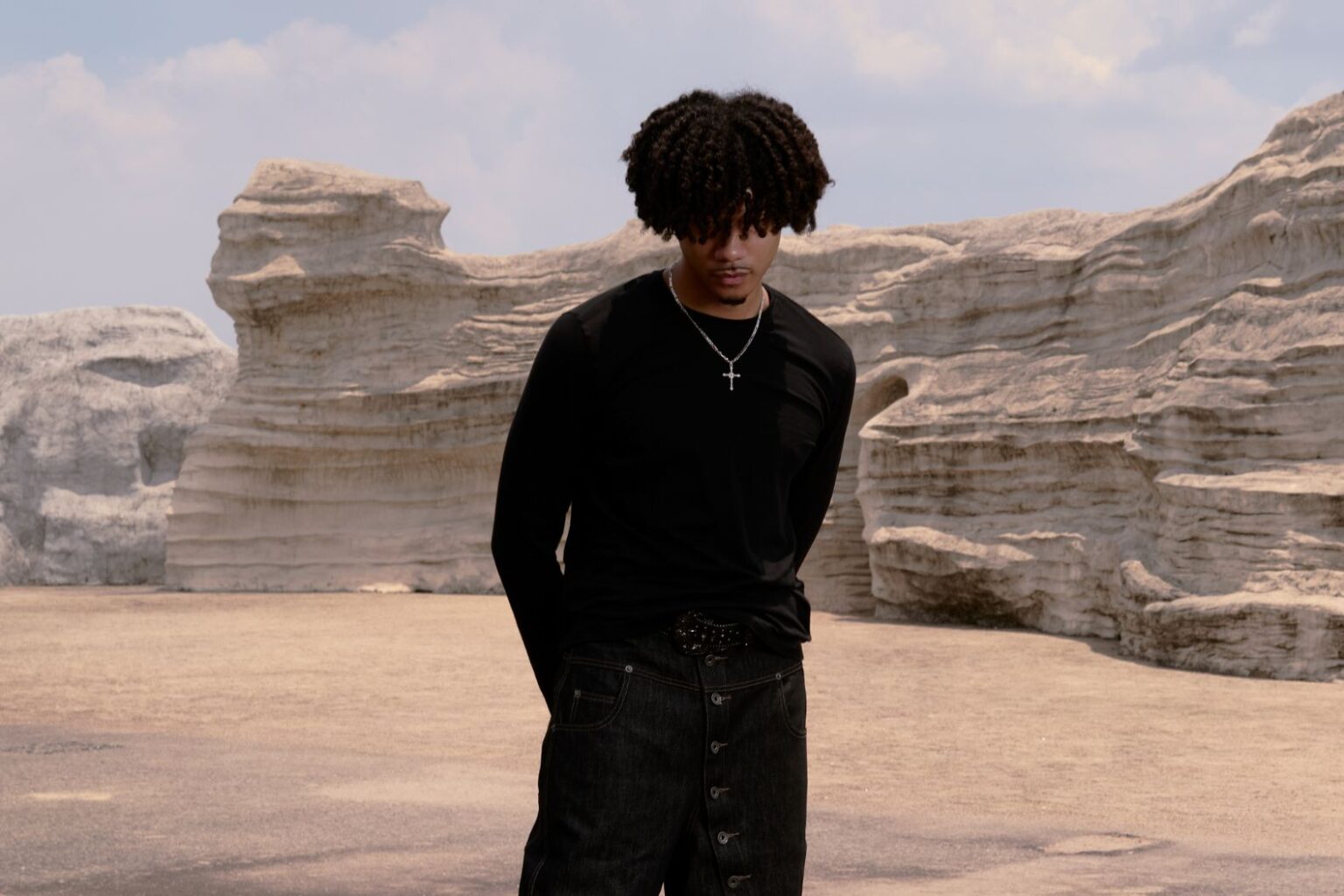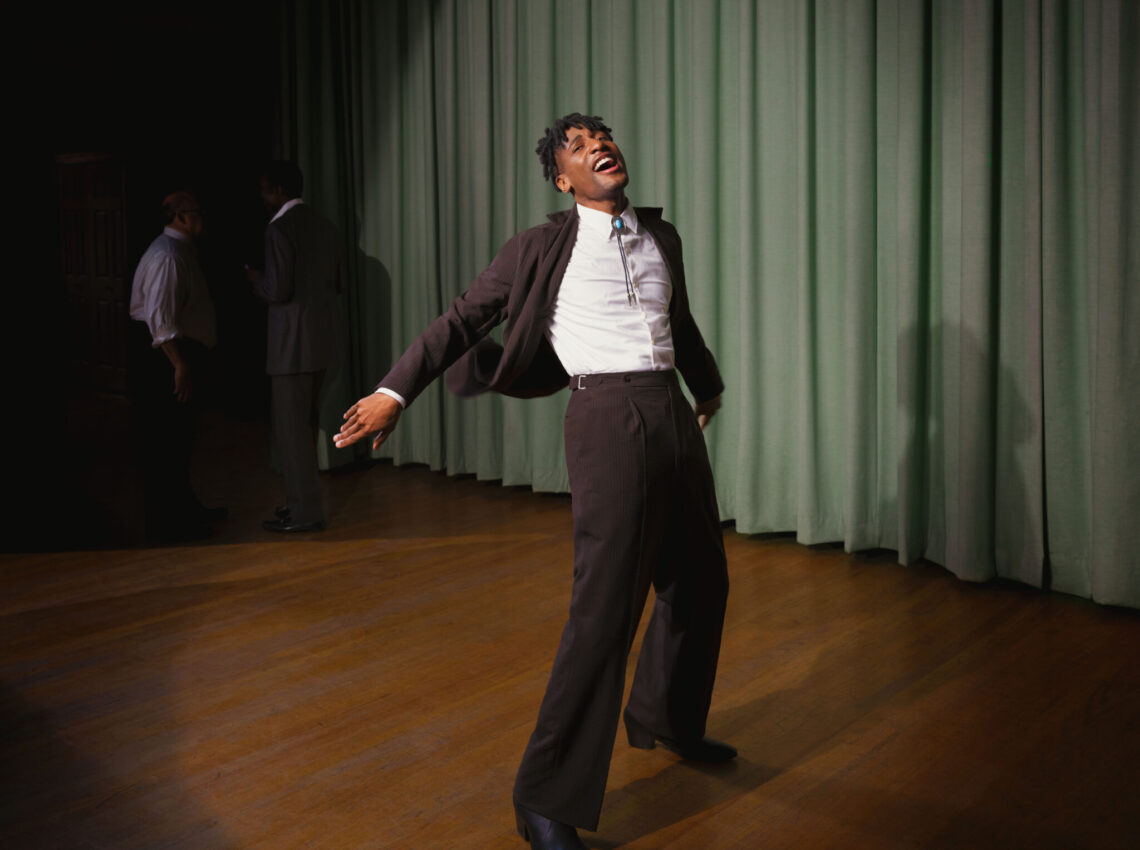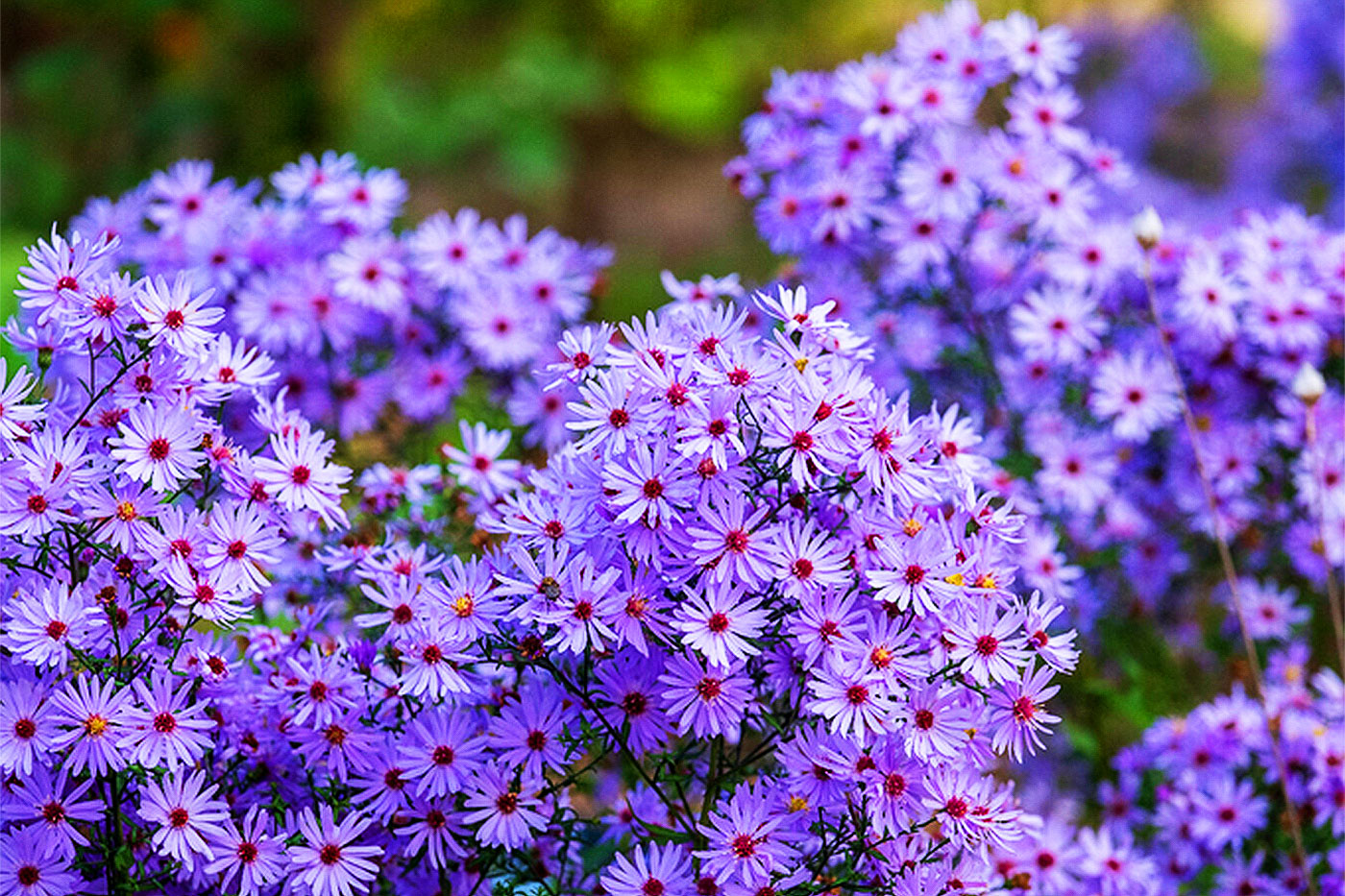When the Music Waited for Him: J.P.’s Took A Turn Finds Power in the Pause
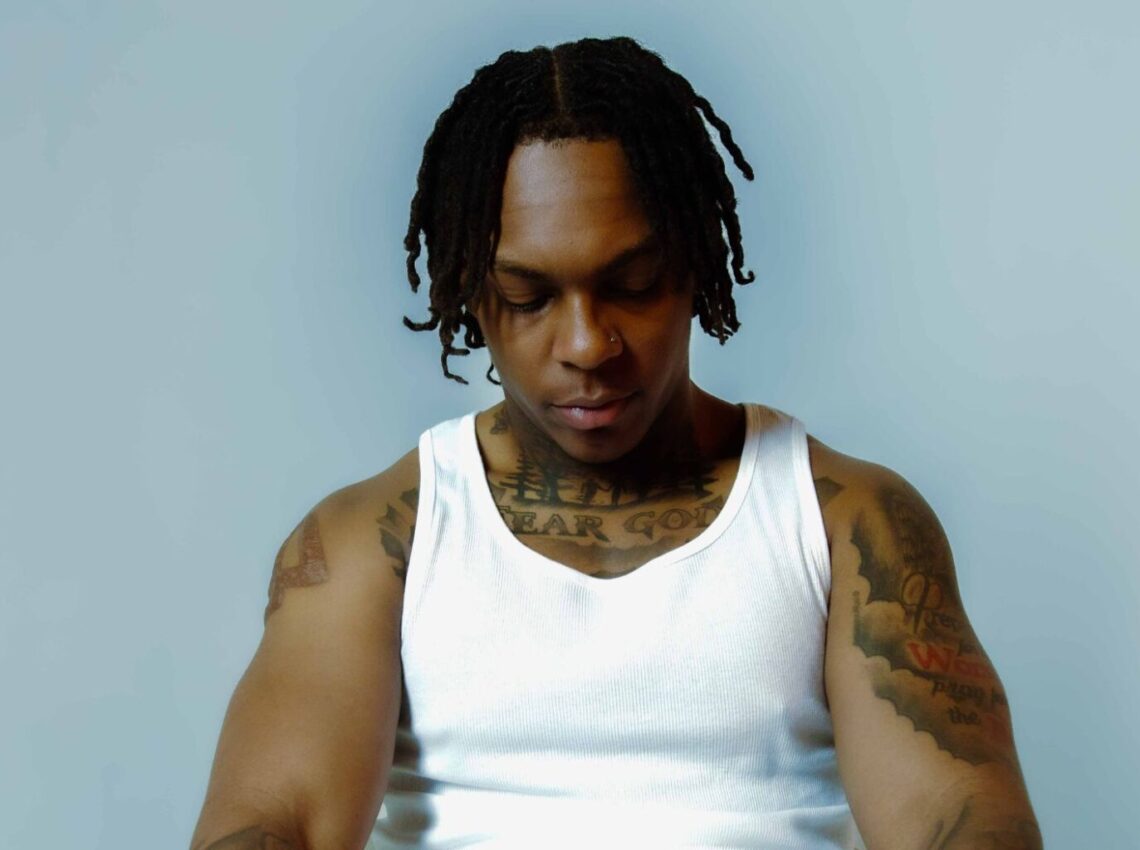
Sometimes the best art is made in the stillness that follows collapse.
For J.P. , the Milwaukee-born artist formerly known as Jody P, stillness didn’t come as a creative retreat, but as survival. Took A Turn, his new six-track EP, is less a comeback and more a moment of choosing breath over burnout, quiet over noise, peace over pressure.
In conversation, he smiles often, even when the topic brushes against pain. On a video call, J.P. explains simply:
“Long story short, I went through some personal things in my life, and I had to take a break from the internet for a while — almost a reset, to get my mind back together.”
Before that pause, there was momentum. Viral momentum. His 2024 breakout single “Bad Bitty,” all low-end swagger and digital flirtation, took over TikTok and climbed into Billboard territory. The remix with NLE Choppa kept the engine going, and then came Coming Out Party, a summer LP drenched in playfulness and proof of potential.
He didn’t stop there. School Dance. The Groove. Late-night TV. A Colbert performance that made his mother cry. The kind of trajectory most artists chase. But for J.P., it began to blur. The applause got louder. The schedule filled. And somewhere between stage lights and screen scrolls, his spirit dimmed.
So he disappeared. Not dramatically, not angrily but tenderly. Like someone who needed to go home for a while and sleep in their old bed.
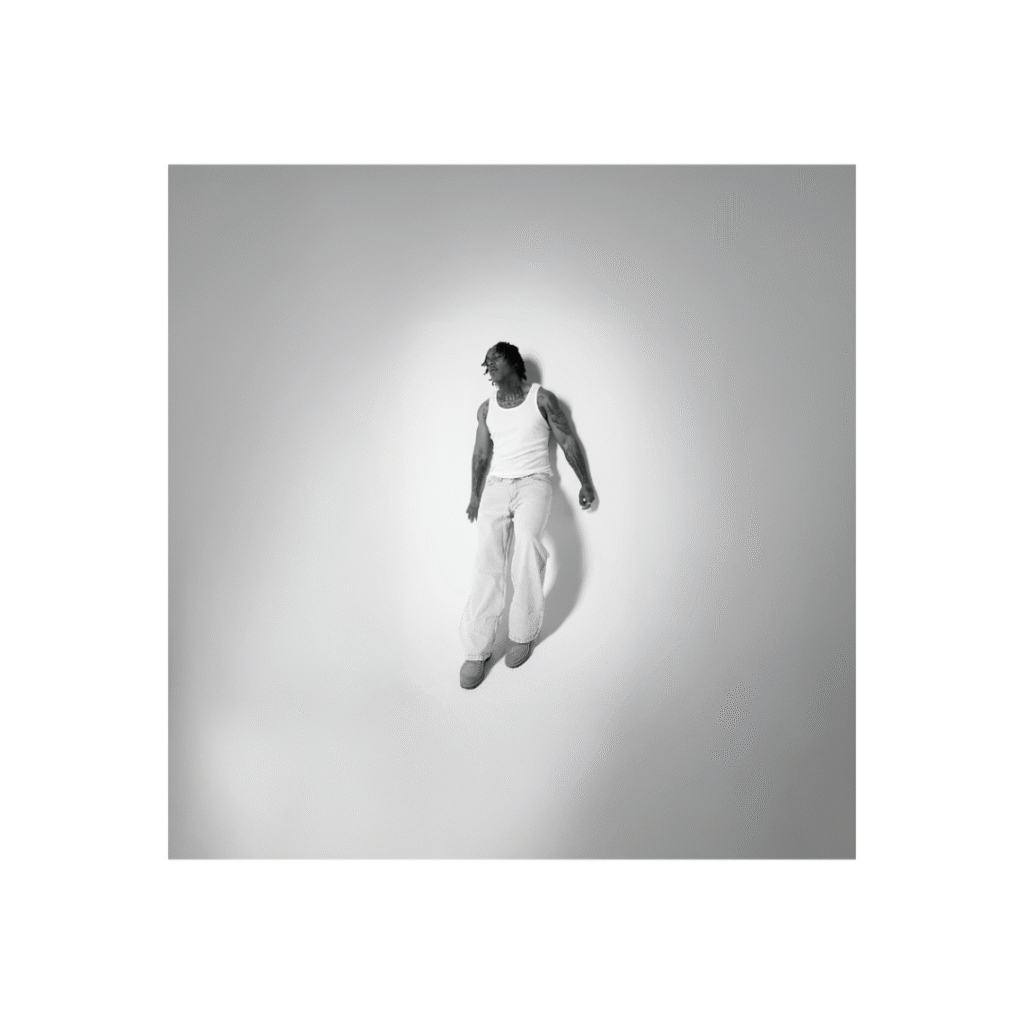
The Stillness After the High
The pressure cracked something. J.P. fell into a depression. He stepped off social media. Sat with the quiet. It was in that absence that Took A Turn began. Not rushed. Not trending. But unfolding. “The music wasn’t rushed. We took our time,” he says now, with the kind of voice that makes you believe it.
And it shows. This is his most focused work to date, not just because it’s well-produced (it is, thanks to collaborators like Keylime, Bizness Boi, DCMBR, and A$AP P On The Boards), but because it’s honest.
The lead single, “My Peace,” arrived in late May like a handwritten note tucked inside a jacket pocket. Produced by Keylime, the song floats in a kind of emotional hush. “You’re my peace when I’m troubled,” J.P. croons, his voice somewhere between resolve and tremble. It is not a grand love song. It is a quiet one. A song that asks for nothing but to be held.
Trading Flex for Feeling
Took A Turn is just six tracks long, but it stretches wide. Here, J.P. trades in the melodic rap flows that defined his early catalog for something deeper — ballads, reflections, the kind of phrasing that leaves space for breath. This is not a departure from who he was. It’s a return to who he’s always been.
Growing up, the soundtrack was filled with Al Green, Otis Redding, Sam Cooke. Soul wasn’t a genre — it was a language. A way of surviving heartbreak and celebrating joy in the same breath.
“I definitely got a tender spot for this music,” J.P. says
and you believe him. Every note sounds like it came from that place: tender, but never weak.
A Project That Doesn’t Rush the Wound
On “Shadows”, he writes to his past self with a kind of forgiveness that feels earned. “I left some parts of me in the dark, but I’m learning how to walk in the light,” he sings over sparse piano. In “Don’t Wanna Know”, his voice falters not because it’s unsure, but because it’s full — full of the ache of trying to move on, but not quite being able to. There is something cinematic in the sequencing. Something deliberate. J.P. isn’t just making songs. He’s building a timeline of healing. He’s saying: this is where I broke, and this is where I’m learning to stand again.
Back, But Not Rushing Forward
In 2024, he was moving too fast to feel. In 2025, he’s moving slower — but feeling everything. That’s what Took A Turn is: not a left turn, not a U-turn, but the kind of turn you make when you’re finally steering for yourself again. It’s a project that reminds us we’re allowed to pause. That stepping away is not failure — it’s often the bravest part of becoming.
And maybe that’s what makes this project resonate beyond its runtime. It sounds like someone learning how to speak again, not to an audience, but to themselves and in that echo, we hear ourselves too.




